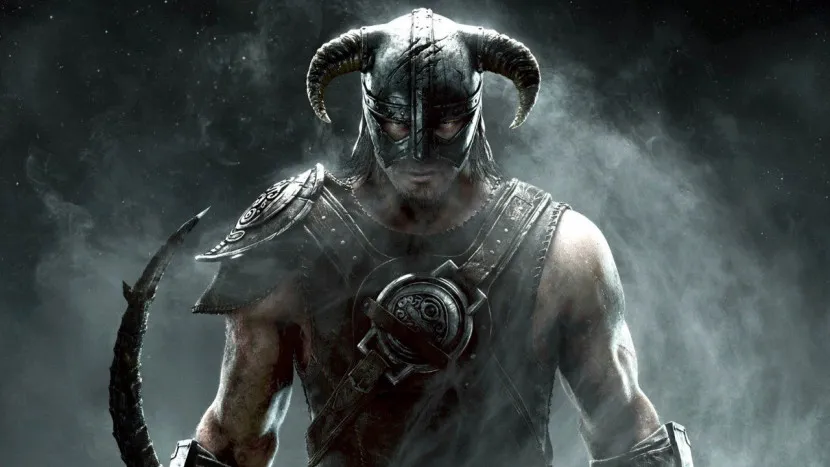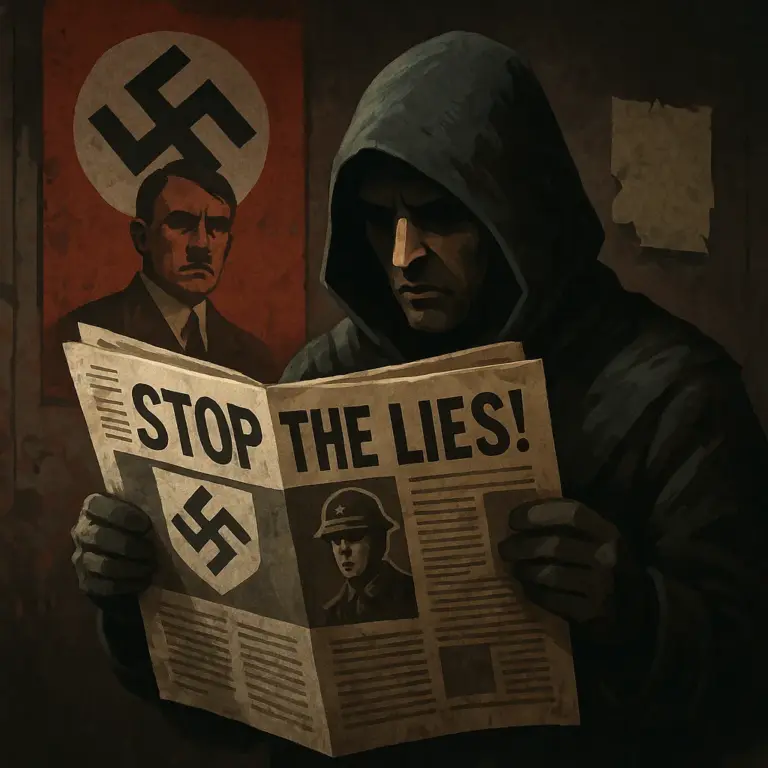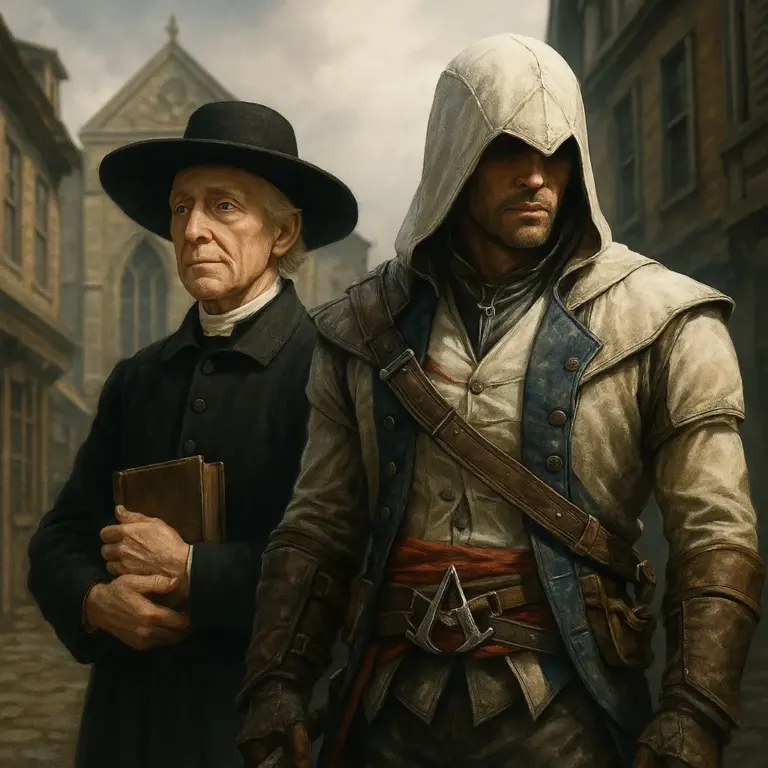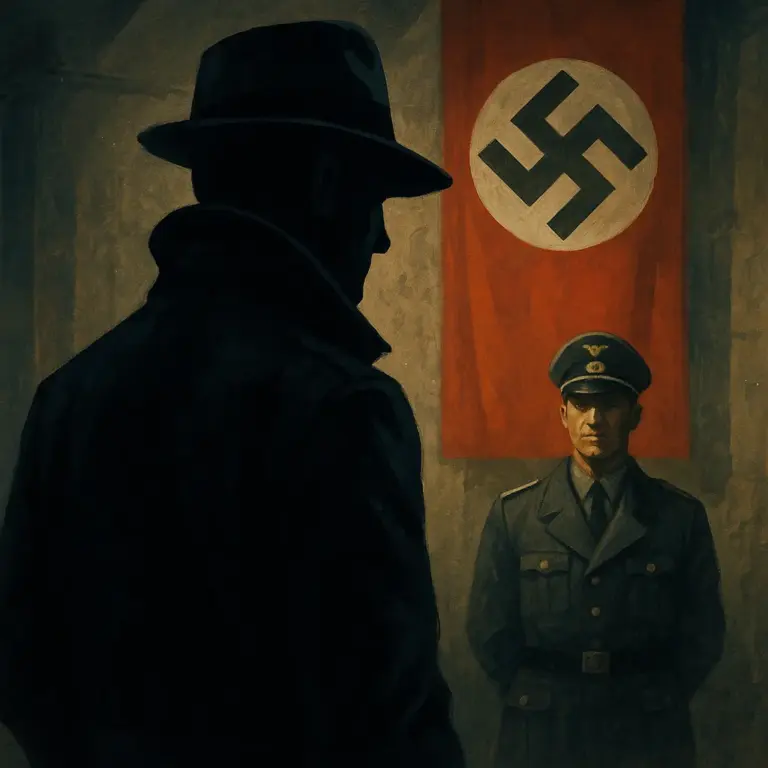Why Shut Down Passion?
In the world of gaming, few things rival the dedication of modders. They spend weeks, months—sometimes even years—crafting custom content out of sheer passion. But despite this devotion, many developers still respond with takedown notices. Swen Vincke, CEO of Larian Studios and the mind behind Baldur’s Gate 3, thinks it’s time for a new approach. His advice to the industry? Don’t shut them down—license them.
Vincke’s Take on Mods and the Law
Vincke believes that developers should support, not stifle, modders. “You could just say, ‘Hey, I think what you’re doing is really cool, here’s a license,’ and that solves it,” he explained in an interview with GameSpot.
The issue often stems from intellectual property (IP) law. Companies like Nintendo and Take-Two are notorious for aggressively protecting their IP, even from fan-driven, non-profit projects. These takedowns may follow the law, but they often clash with public sentiment—and do little for a game’s long-term appeal.
Modding as a Lifeline for Games
Modding is more than a hobby. It’s what keeps many games alive long after official support ends. Take Skyrim as an example—over a decade old, yet it’s still going strong thanks to a vibrant modding community. Doom’s legacy has been extended through fan-made expansions that Bethesda even brought to console. Valve, despite its silence on Half-Life, allowed the fan-made remake Black Mesa to be sold officially via Crowbar Collective.
Table: Games Revived by Modding Communities
| Game Title | Community Impact | Official Response |
|---|---|---|
| Skyrim | Thousands of mods across all platforms | Full mod support |
| Doom | Classic FPS still thriving with new content | Fan mods brought to consoles |
| Half-Life | Unofficial spin-offs and remakes like Black Mesa | Valve approved Black Mesa sale |
| Stardew Valley | Mod ‘Baldur’s Village’ received a DMCA notice | Controversial takedown by WotC |
When Companies Clamp Down
Sadly, not every publisher takes a supportive stance. Take-Two and Nintendo have both made headlines for removing fan projects without much explanation. Videos featuring mods, whole games based on franchises—gone overnight. While their actions are usually rooted in legal concerns, they often come off as tone-deaf to a community that just wants to celebrate their favorite games.
Vincke’s solution seems both simple and generous: issue licenses instead of takedowns. It’s a win-win—modders get to continue their work, and developers avoid bad PR while potentially expanding their fanbase.
Larian’s Support for Modding
Larian Studios sets an example of how things should be done. With Baldur’s Gate 3, they didn’t just tolerate mods—they welcomed them. Console players now enjoy mods thanks to official support, and entire campaigns like Path to Menzoberranzan have emerged, boasting hundreds of community developers.
“It’s passion,” Vincke says. “It’s word of mouth from a marketing point-of-view… a contribution to the entire game’s ecosystem.” By embracing fan creations, Larian isn’t just letting the community shape the game’s future—they’re betting on it.
Will Other Developers Follow?
Vincke’s model proves that fan-led projects don’t have to end in conflict. Offering licenses to creators is a practical way to protect IP while nurturing creativity. Whether companies like Rockstar or Nintendo will follow suit remains uncertain. But one thing’s clear: the community will keep creating, with or without permission.
And when games stay relevant because of these passionate players, maybe more studios will finally ask themselves—isn’t this worth supporting?




